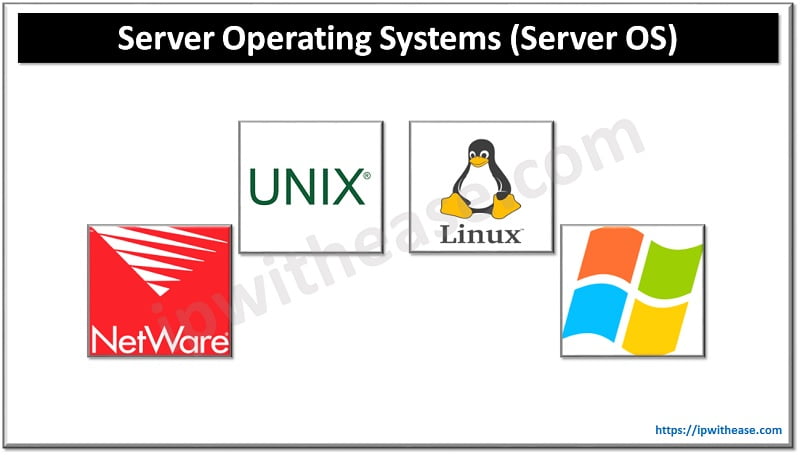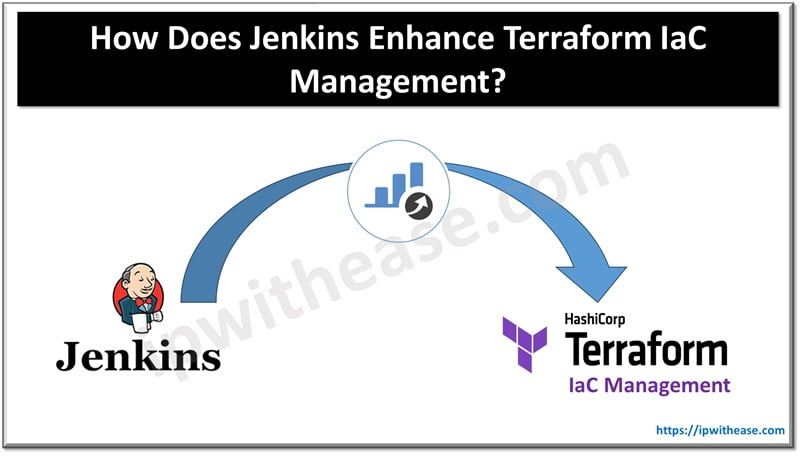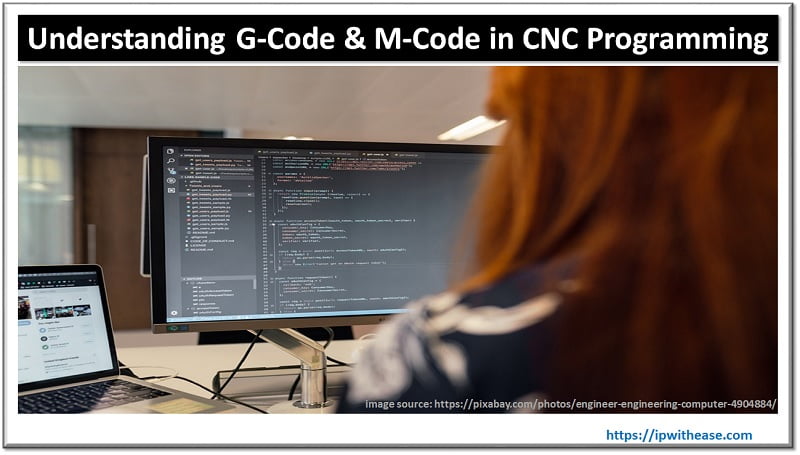Table of Contents
We all know that the term JSON is related to programming. However, how many of us know the reason behind its importance and its role in programming? We bet most people won’t even know that JSON is an acronym for “JavaScript Object Notation”! As the name suggests, JSON finds its root in the JavaScript programming language. It is one of the most common and frequently used programming languages.
JavaScript is used in web development, programming, game development, small scripts, and large applications. Its versatility makes it one of the top choices of modern-day programmers. But what does JSON have to do with it? Even though the JSON format is used nowadays as a language-independent element, its resemblance with attributes of JavaScript objects is pretty comparable.
Related: Introduction to JSON (JavaScript Object Notation)
The primary objective of JSON objects across various programming and scripting languages is to transfer necessary data from the server to the web page. All renowned programming languages have the necessary code pieces to call and interpret data featured by JSON objects. However, an average Joe may not know the necessity of JSON and methods to convert raw data into this format.
This article resolves this issue by discussing strings, the reason behind string to JSON conversion, and a few effective and easy methods. Read on to learn more.
Why Do You Need to Convert String to JSON Object?
Before learning a few methods that can easily help you perform string to JSON conversion, it is essential to understand the reasons that make this process essential. As foretold, raw data needs to be converted into JSON because this format is used for transferring data from a server to a web page. The raw data that should be converted into JSON is often available as strings.
Strings are important programming elements used by developers to exchange or interconnect data between various servers. Average strings feature arrays containing multiple values. However, strings are not usable for HTTP communication or data transfer from server to webpages. Here are a few reasons that make it essential for programmers to ensure the string to JSON conversion process.
- Efficient data processing requires the conversion of data in the form of string to JSON online.
- APIs also return data as strings; the system must convert it to JSON for further proceedings.
- Strings often come misstructured and full of errors and exceptions, so you have to convert them to JSON for easier interpretation.
- Handling strings shaped as compound data structures could be problematic; converting to JSON makes it easier for interpreters to handle data.
- You can also convert to JSON to ensure smooth manipulation and analysis of incoming data.
- HTTP communication also requires JavaScript objects and JSON format fills the gap.
How do you convert data from String to JSON?
As mentioned earlier, despite being introduced as a subset of JavaScript, the JSON format is now used across various programming languages as an independent format. Hence, various methods exist to convert data from strings to JSON. However, we will only discuss a few easier and error-free ones to help you ensure impeccable string to JSON conversion. Below are a few methods to help you do so without much effort and time. Read on to learn more.
Using an Online Tool to Convert to JSON
Yes! You have read it right! You must have been thinking that you may need to learn a few programming tactics for this process, which is right. However, we rate this method above anything else because it is the easiest way to perform string to JSON conversions. All you need to do is access a top-notch online string to JSON converter. You can easily find such a tool by accessing JSONonline.net.
The process is quite simple; you input the string, and the tool converts it to a JSON object with a single click. Regardless of how large or ambiguous a string is, the result will be impeccably converted data available as a JSON object, and that too in quick time. Below are a few benefits of using a high-end online string to JSON converter.
- Makes conversion easier for newbies and pros alike.
- Ensures mistake-free conversion.
- Helps users save significant time and effort.
- Usability through any platform.
- It helps users avoid nuisances and unnecessary hassles.
- Allows users to copy/paste strings or files featuring them for conversion.
- Enables users to enter URL and fetches strings from the source.
JSON.Loads Method
When we discuss manual string to JSON conversion by calling conversion modules for the process, you can call this method the most straightforward. It is also considered the safest option for converting string to JSON. The primary reason behind this phenomenon is it is a part of the standard library and provides programmers with an effective way to handle data. This method is more suitable when dealing with complex data structures. Here is an example that will help you understand how to use the JSON module and take the help of the ‘loads()’ method.
Import json
id_1 = ‘{“name”: “Zaki”, “age”: 28, “city”: “Madrid”}’
json_1 = json.loads(id_1)
print(json_1)Using the AST Module
Another method that is used for the conversion of string to JSON is using the ast module. This method includes using the “ast.literal_eval()” function from the ast module. It is safer to convert a string to a JSON object than the eval() function because the eval() can execute arbitrary code. However, this is not possible with the literal_eval() function. This function can safely evaluate expressions that only feature literals. Hence, dealing with unstructured input using the literal.eval() function is a safer approach. Here is an example.
Import ast
id_1 = ‘{“name”: “Zaki”, “age”: 28, “city”: “Madrid”}’
json_1 = ast.literal_eval(id_1)
print(json_1)Putting it Together
Converting strings to JSON objects becomes necessary when dealing with raw, unstructured data. It is also essential to ensure easier data interpretation, analysis, and manipulation. Even if you are not a programmer, you need to know how to perform such a conversion.
The data transferred from servers to webpages should be converted to JSON objects. Additionally, HTTPS communications also require JSON objects. This format also finds its application across various other languages. We have discussed a few easy methods to help you perform easy conversion. Hopefully, you will have plenty of takeaways from this article!
Continue Reading:
What is Infrastructure as a Code (IaC)?
Integrating Vue.js into Your Network Management Tools
ABOUT THE AUTHOR
IPwithease is aimed at sharing knowledge across varied domains like Network, Security, Virtualization, Software, Wireless, etc.



